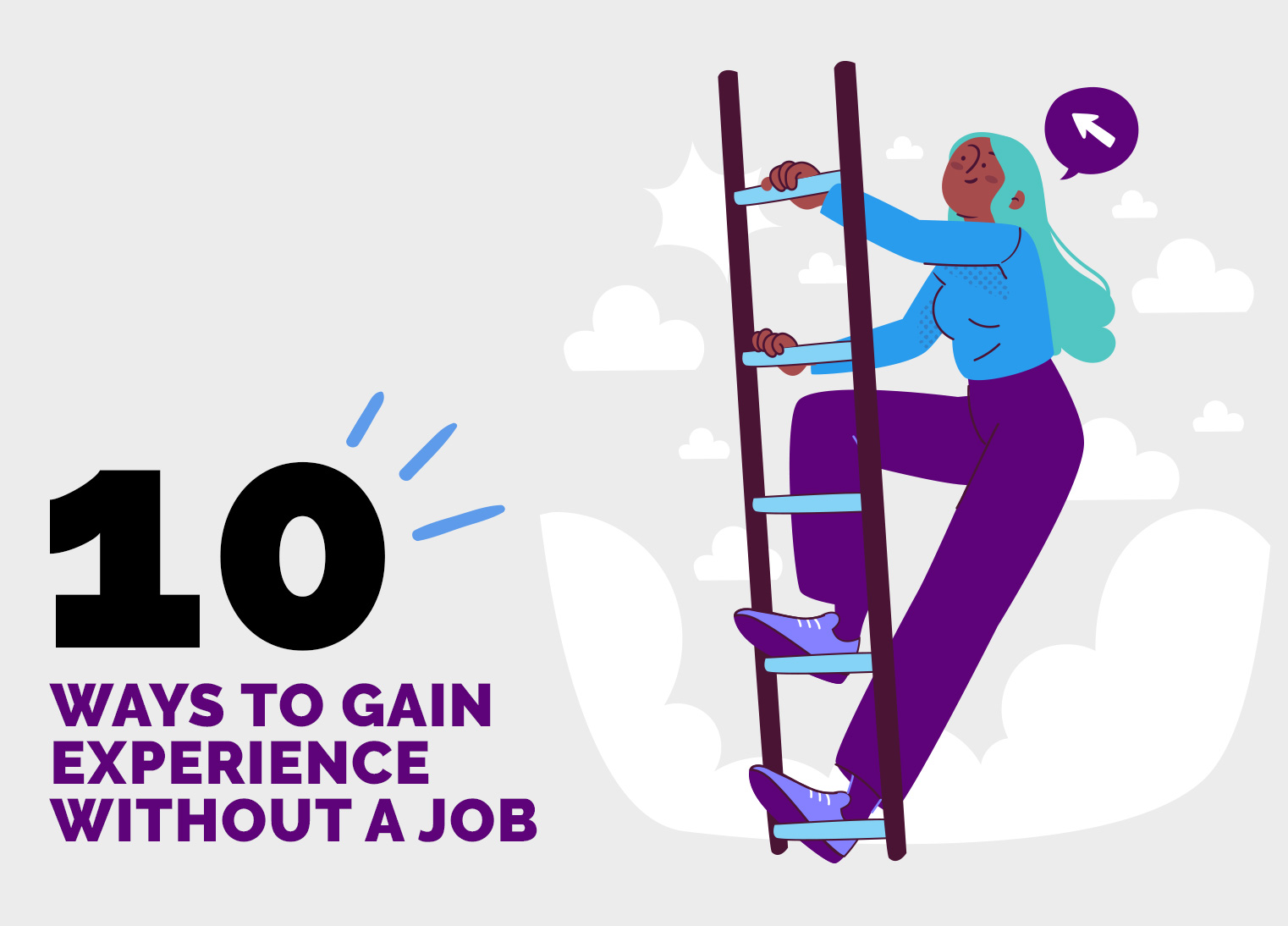

Getting hired often feels like a catch-22: employers want experience, but how do you get experience without a job? Whether you're a recent graduate, switching careers, or facing employment barriers, the good news is that there are plenty of ways to build your skills and make yourself more appealing to employers. In this list, we’ll cover ten practical ways to gain experience, grow your network, and strengthen your resume.
Volunteering is a great way to develop real-world skills while giving back to your community. If you're interested in administration, assisting a local non-profit with office tasks can provide hands-on experience. If you're considering a career in construction, groups like Habitat for Humanity offer great opportunities to work on projects. Volunteering in community centres or youth programs is also an awesome way to develop people skills, which are valuable in many industries.
Learning new skills doesn't have to be expensive. Many online platforms offer free or affordable courses in business, technology, and trades. Certifications from platforms like Coursera, LinkedIn Learning, and Google Career Certificates can show employers that you're proactive about developing your knowledge. We also offer a range of training programs designed to help job seekers gain in-demand skills, so checking out what’s available could be a great first step.
Internships and co-op programs are another excellent way to gain experience. Even if they’re unpaid, these opportunities provide hands-on learning and industry connections. Many employers use internships to find future employees, so an internship could lead directly to a full-time job. Check with local businesses to see if any openings align with your goals. Our team is a “GREAT” resource as well. We’re here to help you make connections to start your career.
If traditional jobs aren't available, why not create your own opportunities? Side projects and freelancing are great ways to showcase your skills. If you're a graphic designer, offering to create social media graphics for small businesses can help you build a portfolio. Writers can start a blog or take on freelance projects, while tradespeople can gain experience by working on independent projects for friends and family. Employers value candidates who take initiative – and showing that you've applied your skills in a real-world setting can be just as valuable as formal work experience.
Networking is a powerful tool for job seekers. Attending career fairs, workshops, and industry events can introduce you to professionals who might be able to help you get your foot in the door. We host many networking events that can connect you with employers and mentors. Even if you don’t have direct experience, showing enthusiasm and a willingness to learn can make a lasting impression.
Speaking of mentorship, shadowing a professional is a great way to understand what a job involves. Ask a family member, friend, or mentor if you can spend a day with them at work. Observing their daily tasks and responsibilities can provide valuable insight and may even open doors to future opportunities.
Employers don’t just look for technical skills—they also value soft skills like teamwork, communication, and problem-solving. These can be developed in everyday life. Organizing a community event can improve your leadership and project management skills. Coaching a sports team helps with communication and teamwork. Even managing a household budget builds financial planning and organization skills. The key is recognizing and showcasing these experiences on your resume and in job interviews.
For those looking for structured training, skills development programs can be a great option. Apprenticeships, pre-employment training, and workforce development programs provide practical experience while preparing you for in-demand careers. Not sure where to start? At GREAT, we offer programs tailored to job seekers, helping them build experience while getting the training they need.
If you're in tech, web development, or design, contributing to open-source or collaborative projects can be another way to gain experience. Working with others on real projects helps build your portfolio and demonstrates your ability to work in a team. Employers appreciate candidates who take initiative in their field.
Building your online presence can make a big difference. Keeping your LinkedIn profile up-to-date, showcasing your skills and certifications, and sharing industry-related content can make you more visible to potential employers. Creating a simple portfolio website or sharing your projects on social media can also help establish yourself as knowledgeable and engaged in your field.
Gaining experience doesn’t always mean having a traditional job. There are many ways to develop skills, build connections, and show employers what you’re capable of. By taking advantage of opportunities like volunteering, networking, training programs, and personal projects, you can set yourself up for success in your job search. Remember, every experience counts—what matters most is how you use it.
Our annual report shows our success over the last calendar year.